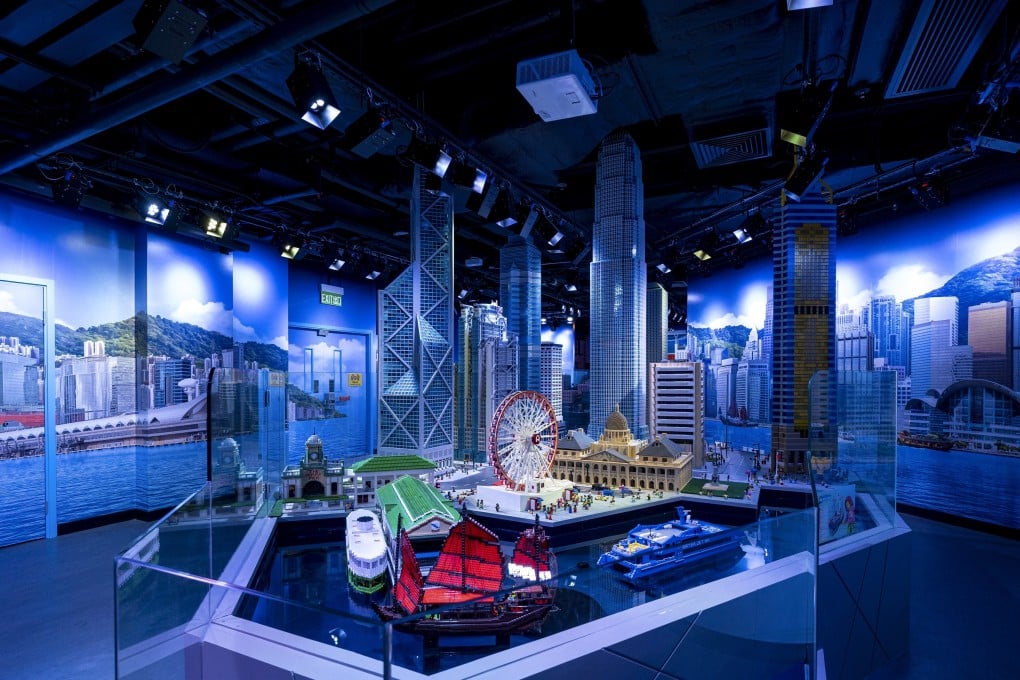K11 Musea hopes Hong Kong’s first indoor Lego playground will bring in customers
- 3,000 tickets sold for opening of Legoland Discovery Centre on Saturday
- Opening was delayed by Covid-19 super spreader event at restaurant

Lego’s first indoor playground in the city at the K11 Musea shopping centre has sold 3,000 tickets for its opening day, the mall said on Friday.
“Having good entertainment facilities could create traffic for the shopping centre. They could help malls differentiate themselves from other shopping centres and attract shoppers,” said Oliver Tong, head of retail at JLL in Hong Kong. He added that such attractions could increase the length of stay in shopping centres and create more sales. “The longer shoppers stay in a mall, the more they spend,” he added.

03:25
How Hong Kong’s new coronavirus contact-tracing app works
The centre features miniature replicas of Hong Kong landmarks built with more than 1.5 million Lego bricks. It is expected to lift sales by 30 per cent year on year in K11’s kids’ zone this month, a spokesman said. K11 also said the centre had led to the creation of 100 jobs, while more could come up on full time and part time bases in the future.